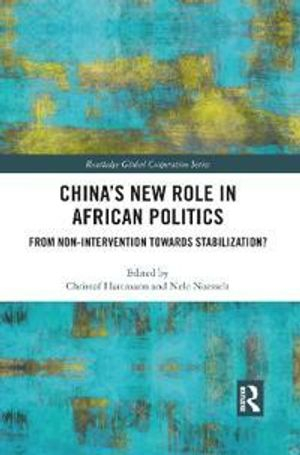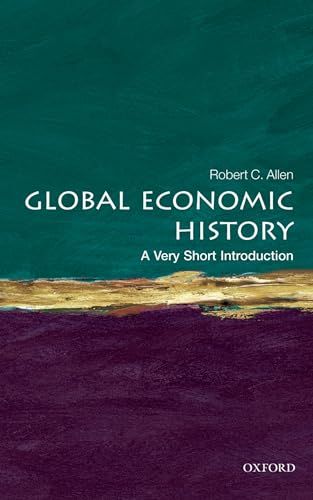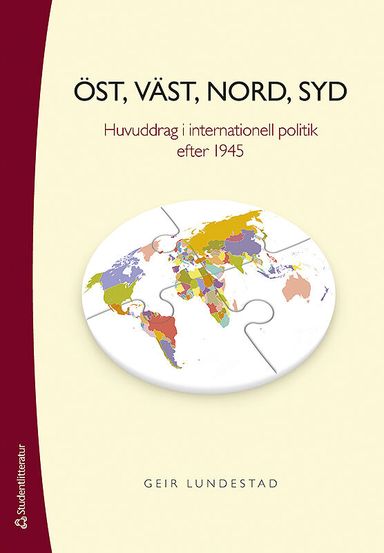

Chinas New Role in African Politics
- Utgiven: 2021
- ISBN: 9781032086712
- Sidor: 256 st
- Förlag: Routledge
- Format: Häftad
- Språk: Engelska
Om boken
China's rise to global power status in recent decades has been accompanied by deepening economic relationships with Africa, with the New Silk Road's extension to Sub-Saharan Africa as the latest step, leading to much academic debate about the influence of Chinese business in the continent. However, China's engagement with African states at the political and diplomatic level has received less attention in the literature. This book investigates the impact of Chinese policies on African politics, asking how China deals with political instability in Africa and in turn how Africans perceive China to be helping or hindering political stability.
While China officially operates with a foreign policy strategy which conceives of Africa as one integrated monolithic area (with the Forum on China-Africa Cooperation (FOCAC) the flagship of inter-continental cooperation), this book highlights the plurality of context-specific interaction patterns between China and African elites, demonstrating how China's role and relevance has differently evolved according to whether African countries are resource-rich and geostrategically important from the Chinese perspective or not. By looking comparatively at a range of different country cases, the book aims to promote a more thorough understanding of how China reacts to political stability and instability, and in which ways the country contributes to domestic political dynamics and stability within African states.
China’s New Role in African Politics will be of interest to researchers from across Political Science, International Relations, International Law and Economy, Security Studies, and African and Chinese Studies.
Åtkomstkoder och digitalt tilläggsmaterial garanteras inte med begagnade böcker
Mer om Chinas New Role in African Politics (2021)
I juni 2021 släpptes boken Chinas New Role in African Politics skriven av Christof Hartmann, Nele Noesselt. Den är skriven på engelska och består av 256 sidor. Förlaget bakom boken är Routledge.
Köp boken Chinas New Role in African Politics på Studentapan och spara uppåt 19% jämfört med lägsta nypris hos bokhandeln.
Tillhör kategorierna
Referera till Chinas New Role in African Politics
Harvard
Hartmann, C. & Noesselt, N. (2021). Chinas New Role in African Politics. Routledge.
Oxford
Hartmann, Christof & Noesselt, Nele, Chinas New Role in African Politics (Routledge, 2021).
APA
Hartmann, C., & Noesselt, N. (2021). Chinas New Role in African Politics. Routledge.
Vancouver
Hartmann C, Noesselt N. Chinas New Role in African Politics. Routledge; 2021.



















